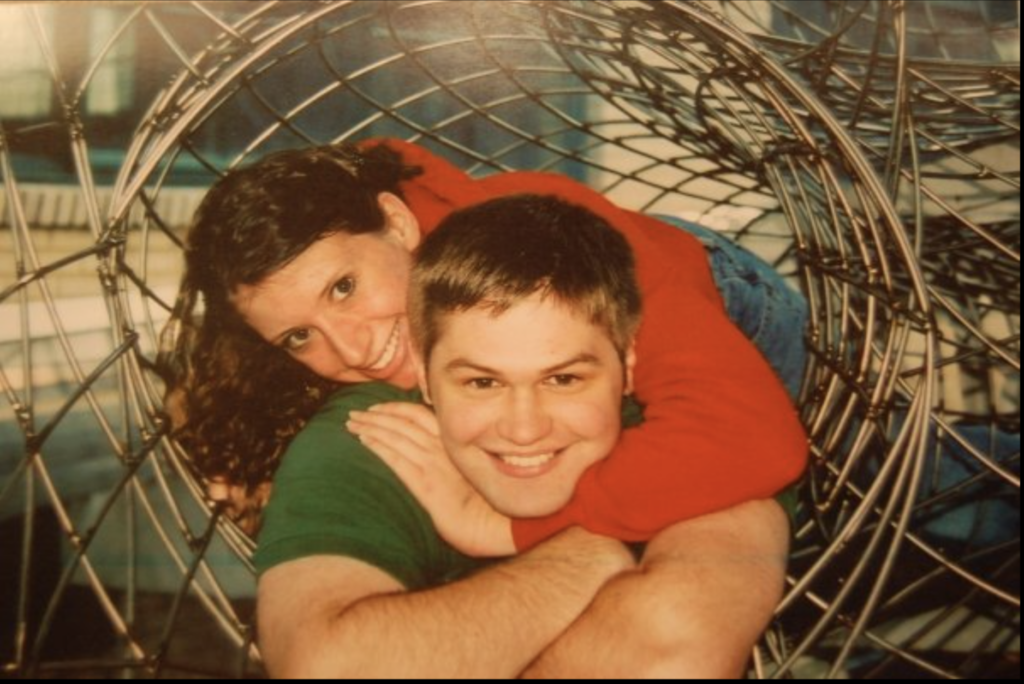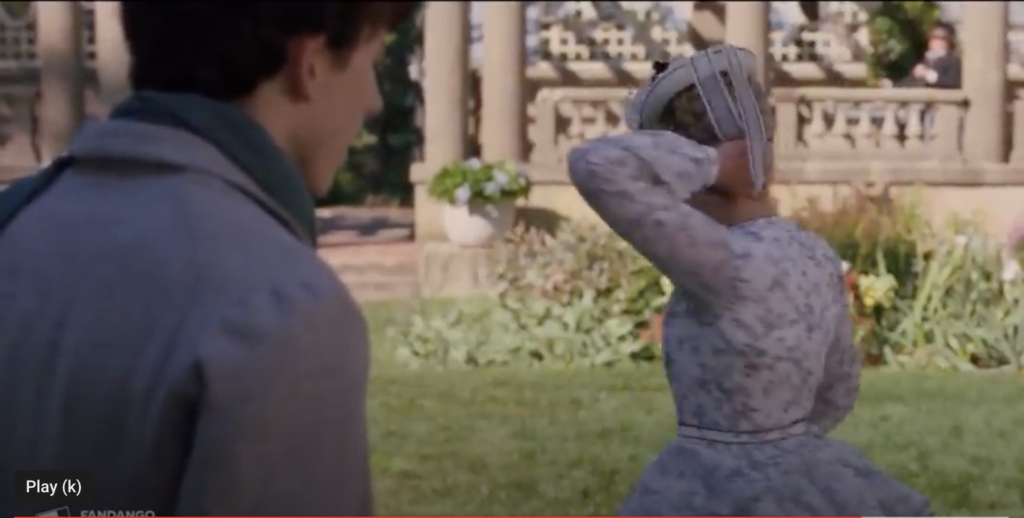The first time I met my husband’s father was, shall we say, memorable. My father-in-law was an engineer. Cerebral. Quiet. Logical.

I went to their house to meet the family and we played one of their favorite games. My husband told me beforehand that while his mom would welcome me with an effusive hug and probably ask me to call her mom, his dad would likely just nod, say “nice to meet you” and that would be it.
The game was a good ice-breaker and a fun way to get to know them a bit. And it must have really loosed up his dad, because when we got into a conversation about gestures, his dad—this quiet, serious man—says “I’ve got a gesture for you” and ended up doing something that, in Italy, is incredibly offensive.
I could tell by my husband’s gaping mouth that he was absolutely shocked, and everyone else in the room seemed equally dumbfounded, but his dad just sat there chuckling.
As it turns out, my father-in-law had no idea what that gesture meant. I had a vague idea, knowing that it was at least a generically bad gesture. But my husband had spent time living in Italy, so he knew exactly what it meant.
Gestures are important. They mean things. Sometimes you need words to have them really make sense. Sometimes those gestures enhance the words. And sometimes, the gesture speaks entirely for itself.
I talked about Little Women in a recent post, and I’m going to mention it again here, because I’ve been waiting for a chance to talk about this specific gesture right here.
This is right after Laurie tells Amy not to marry Fred. She’s upset, not wanting to be his second choice. She confesses that she’s spent her entire life loving him, throws her art supplies and turns away. Then she does this—puts her hand to the back of her hair for just a moment—and the moment she did it, I knew exactly what that meant. It’s the thing we all do when we are uncomfortable, when we’ve said more than we meant to, more than we’re comfortable with, more than we want the other person to know. I feel the meaning of this gesture down to my toes. She throws the art supplies and then turns away and has to do something with her hands because it’s all too much. That nervous, uncomfortable energy has to go somewhere, so she channels it into her hands, into a useless gesture.
Those useless gestures are so important in fiction. Because they’re actually not useless at all. The emotion that comes through in dialogue is limited to what the character is actually willing to say. But their gestures, their body movement, can say so much more.
A swallow. A step back. A lean forward. A crumpled brow.
All those little movements convey the things that our characters can’t or won’t say. They can be as blatant as flipping the bird, or as subtle as a lift of the shoulder and a slight step backward. The author can write them in such a way that the reader and those surrounding the character know what those movements and gestures mean. Or, they can write it so that only the reader knows, or only the character knows, or only a subset of characters know…you get the point.
Gestures are powerful, but they can be ambiguous enough in some instances to provide extra mystery. It’s all part of creating characters and situations that are complex and nuanced.
Sweet Romance Book Highlights
First we have Elana Johnson’s The Day He Drove By.

Believing in You is a new release from Jess Mastorakos. It’s available from KindleUnlimited.
Thanks for reading, and as always…



Love the story ! So did anyone tell him what the gesture meant?
Yes. I do believe they informed him of the meaning and we all had a good laugh about it. 🙂